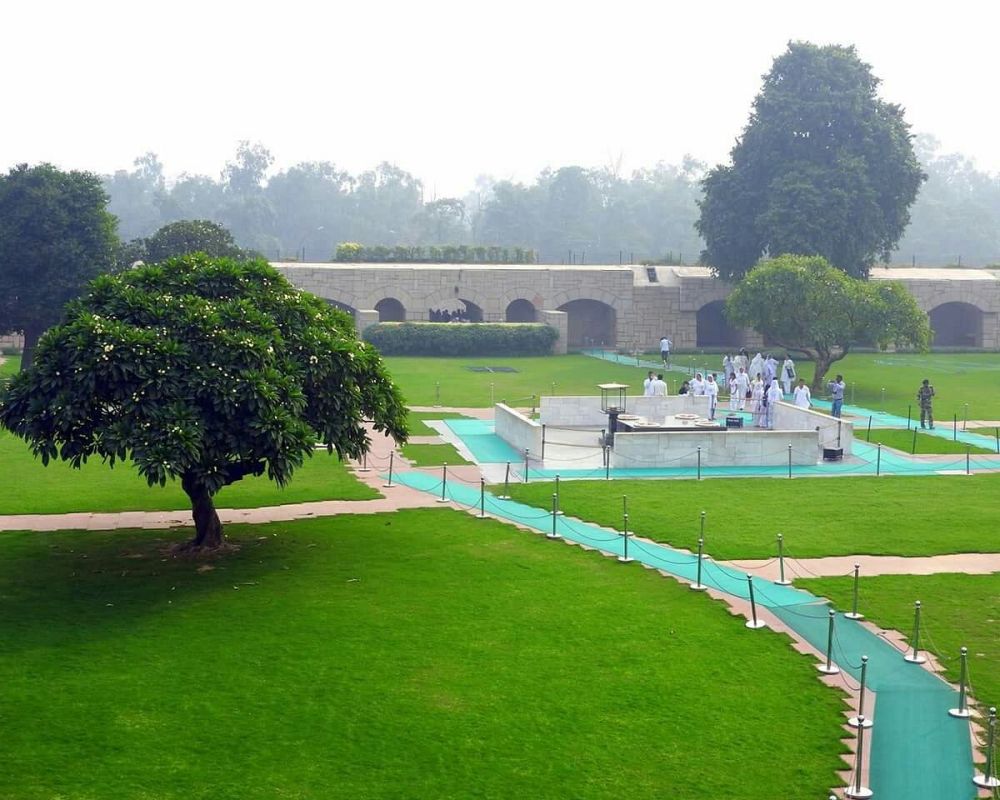

Raj Ghat, situated in Delhi, India, is a memorial dedicated to Mahatma Gandhi, the father of the nation. It is a simple yet poignant monument that marks the spot where Mahatma Gandhi was cremated on January 31, 1948, following his assassination. The memorial has been a focal point of tourism and reverence for decades, attracting visitors from all over the world who come to pay their respects to the leader of the Indian independence movement.
The inception of tourism at Raj Ghat began shortly after Gandhi's cremation when it became a site of pilgrimage. The Indian government recognized its potential as a place to spread the messages of peace and non-violence espoused by Gandhi. Over the years, Raj Ghat has become an essential stop for dignitaries and leaders globally, contributing to its popularity as a tourist site.
By the late 20th century, Raj Ghat had firmly established itself on the tourist circuit of Delhi. Visitor facilities were improved, and the site began to feature more prominently in the city's efforts to promote tourism. It was featured in travel literature and became a must-visit destination for those interested in the history of India's struggle for independence.
The memorial is a black marble platform that marks the spot of Mahatma Gandhi's cremation. An eternal flame burns at one end, symbolizing the enduring nature of his teachings. Around the memorial is a lush park, with paths that allow visitors to walk around and reflect on Gandhi's life and legacy.
In recent years, there has been a surge in educational tourism, with many students coming to Raj Ghat to learn about Gandhi's impact on India and the world. Additionally, there is an increasing trend in sustainable and responsible tourism practices among visitors, which aligns well with Gandhi's principles of living in harmony with nature.
Virtual reality experiences have also been introduced to give visitors deeper insights into the history of the site and Gandhi's life. This technological enhancement aims to educate younger generations about the significance of the Raj Ghat memorial in an engaging and interactive manner.
When planning a visit, tourists should note that Raj Ghat is open every day, with no entry fee, welcoming visitors to ponder the peaceful ambiance of the surroundings. The best time to visit is during the cooler months of October to March.
Visitors are encouraged to maintain the dignity and solemnity of the site by dressing appropriately and conducting themselves respectfully.
Over the years, Raj Ghat has not only remained a somber reminder of the past but also has become a symbol of hope and inspiration for the present and the future. It stands as a testament to the power of peaceful resistance and the profound influence that one individual can have on the course of history.